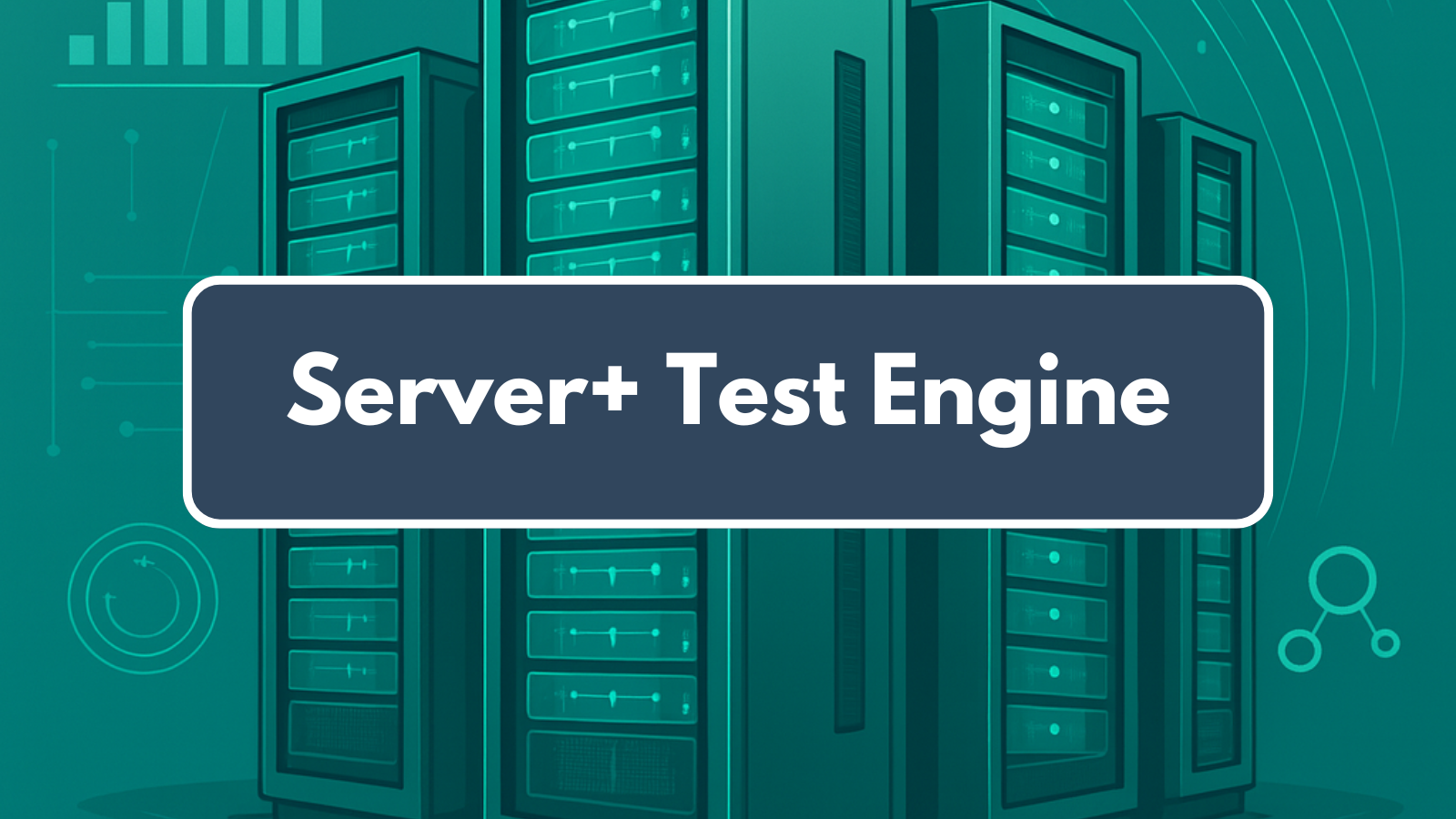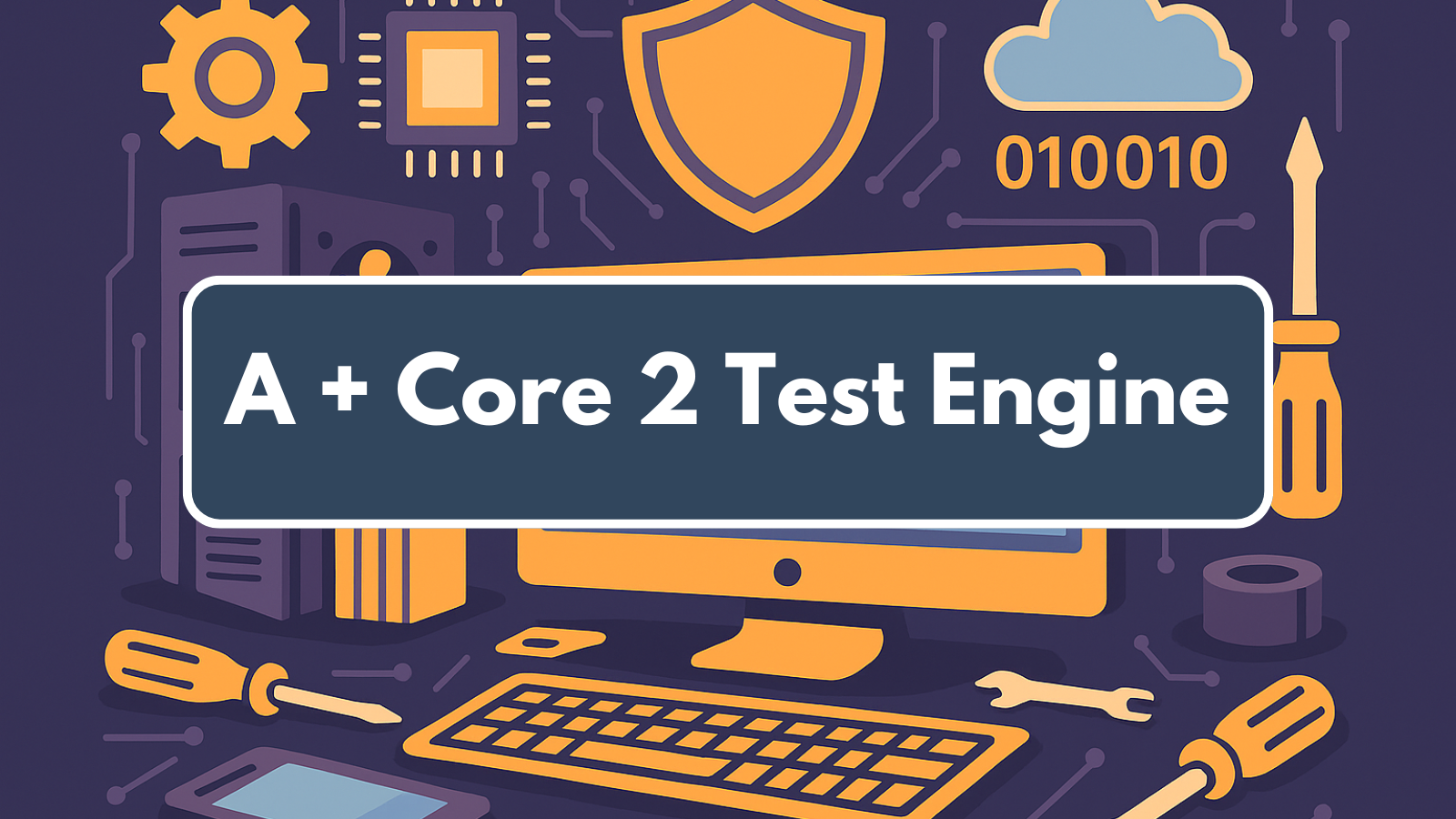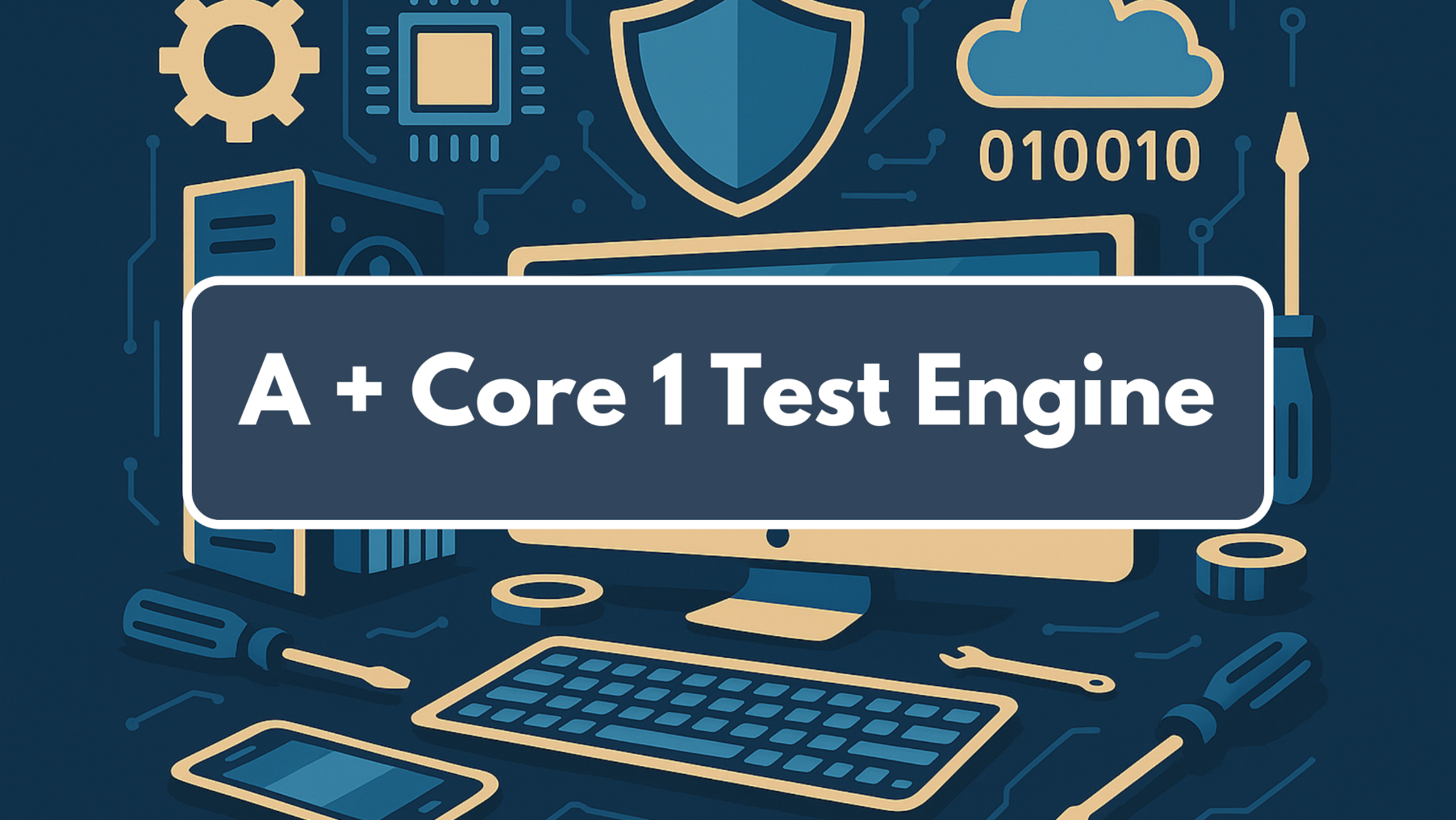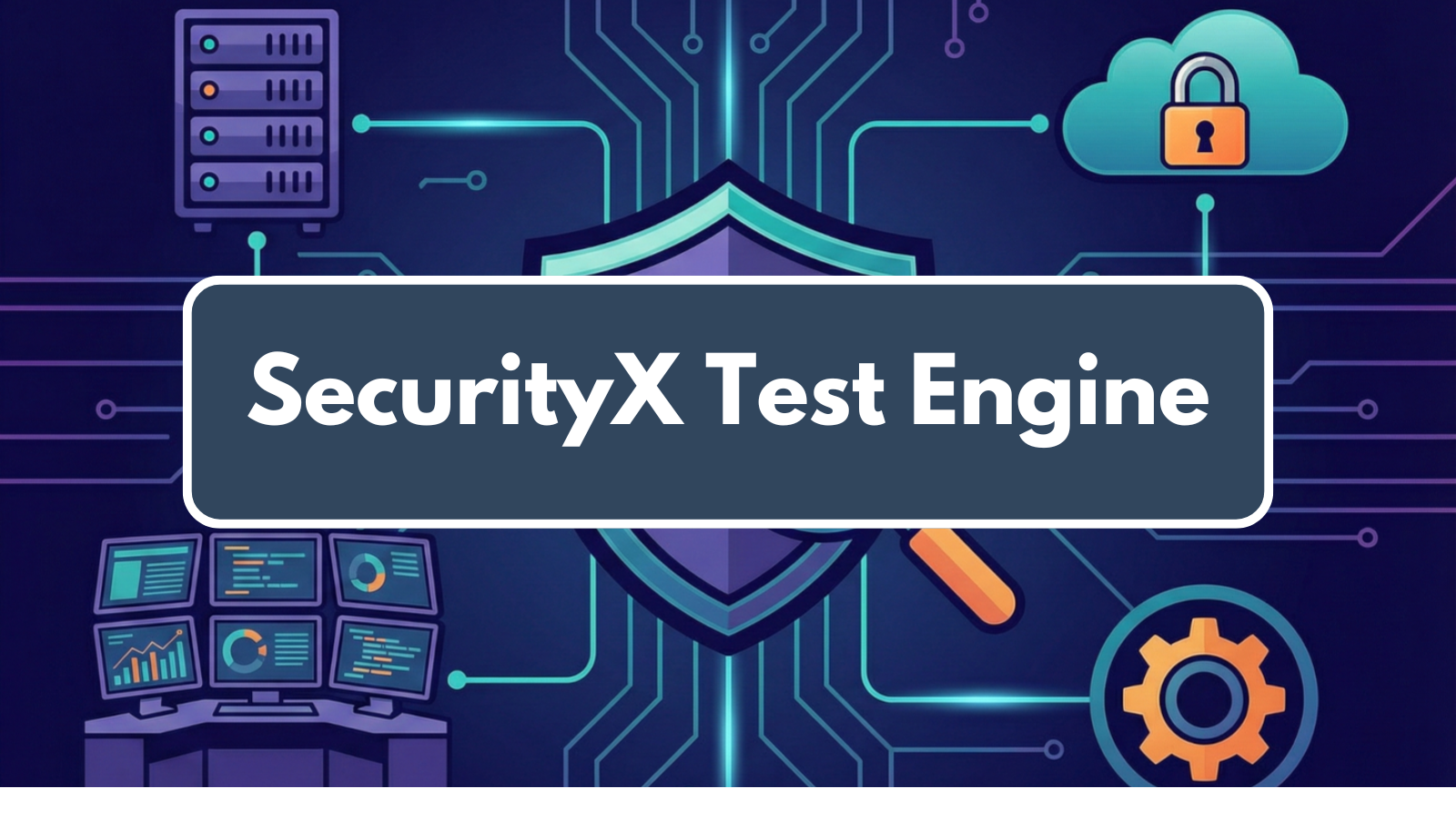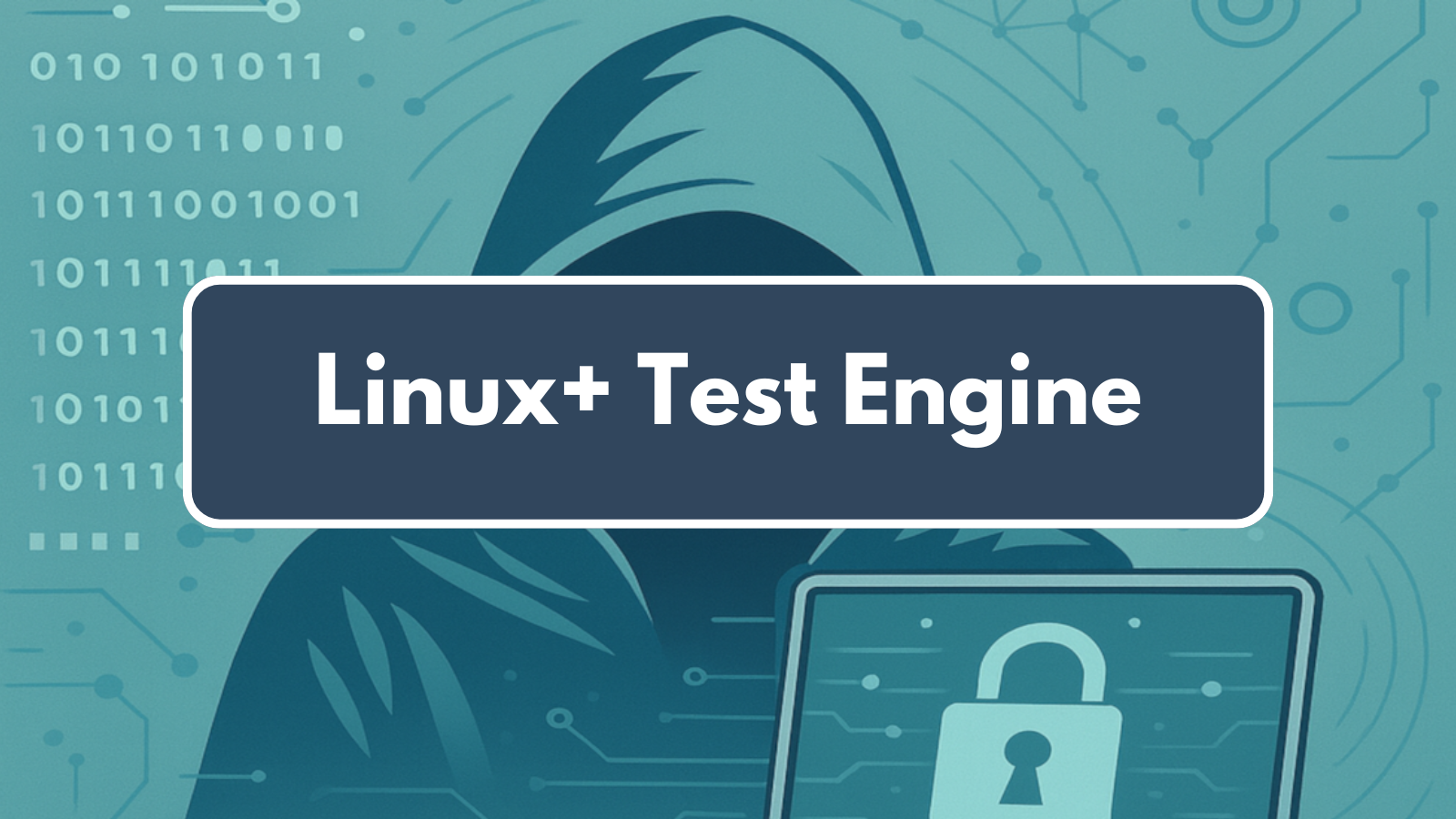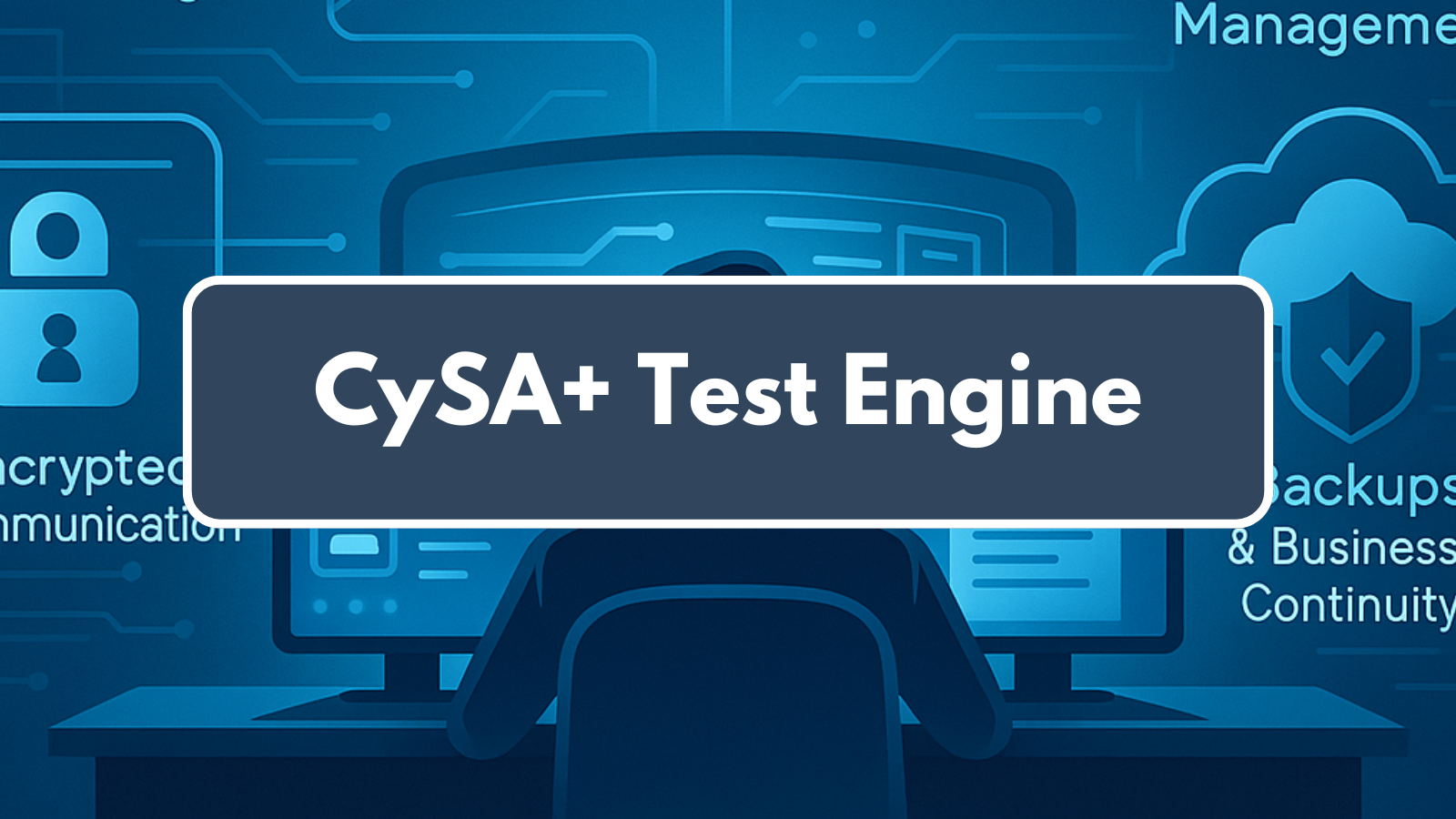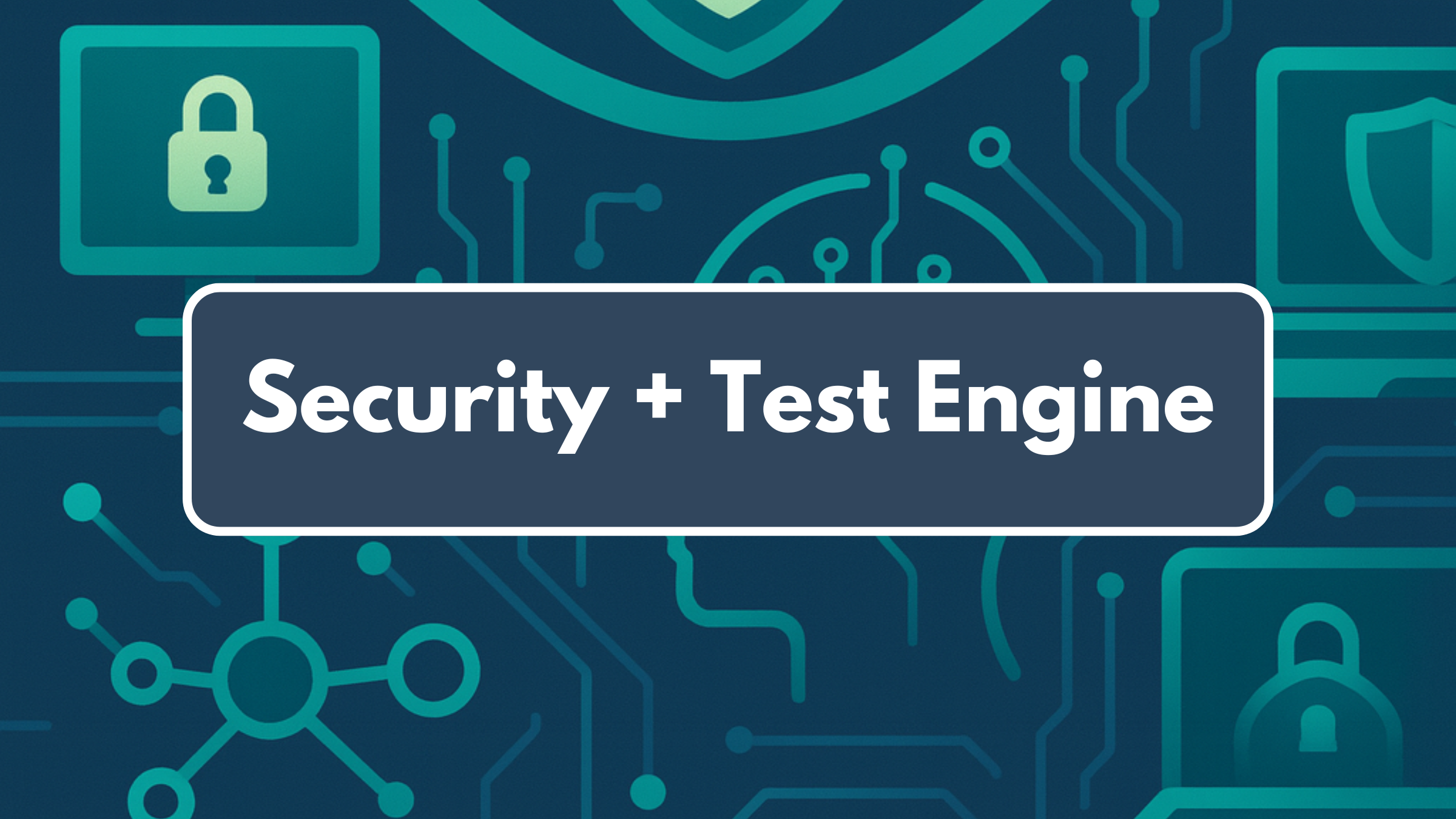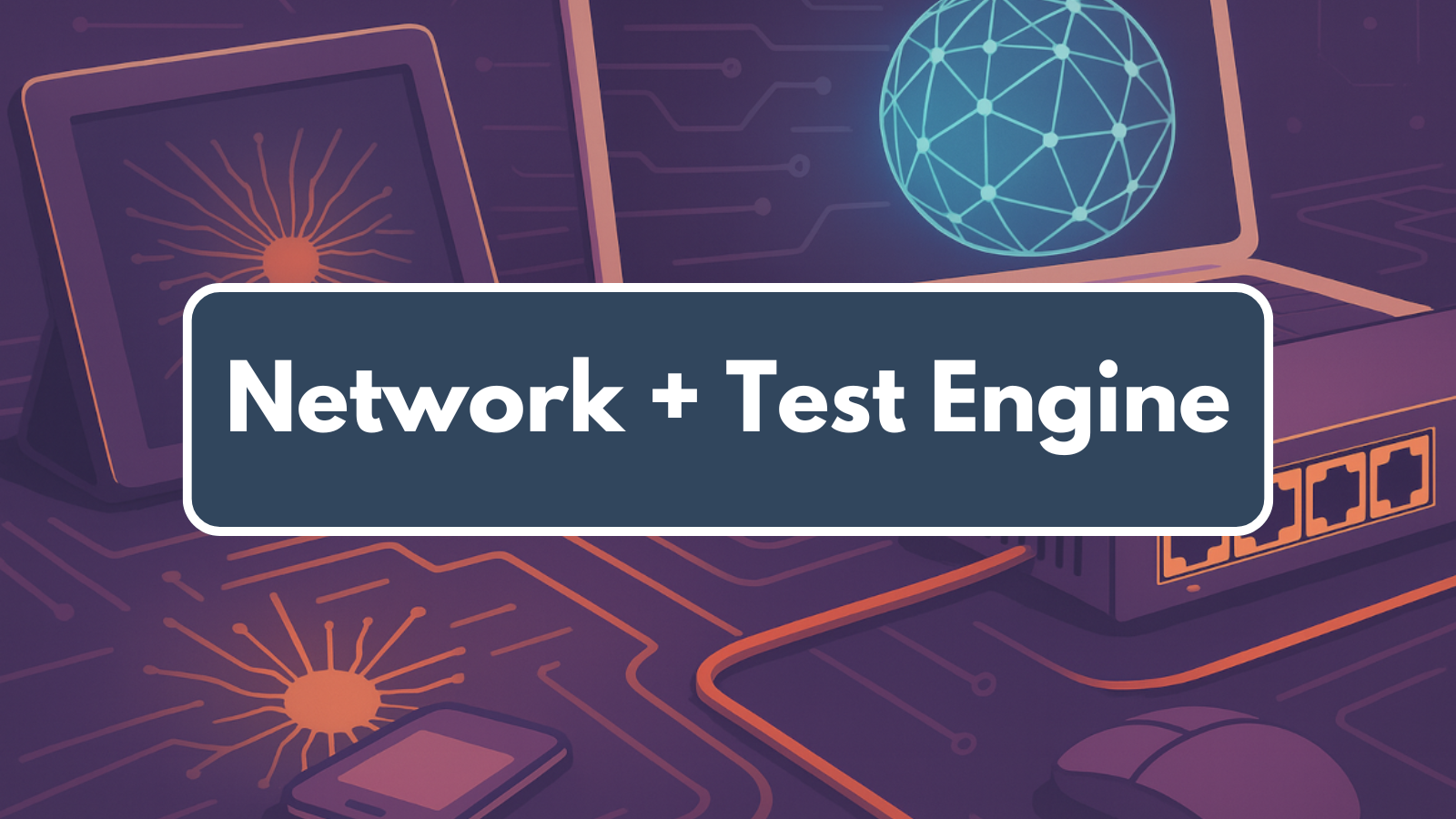
Phishing Awareness focuses on the most common and effective cyber attack used today: tricking people into clicking, replying, or trusting the wrong message.
This course teaches learners how phishing attacks are designed, why they work, and how to recognize them before damage occurs. Students will learn to identify suspicious emails, text messages, phone calls, QR codes, and collaboration platform messages that attempt to steal credentials, deliver malware, or manipulate behavior.
Emphasis is placed on real-world examples, attacker psychology, and clear decision-making—not technical jargon. By the end of this course, learners will know how to recognize phishing attempts, avoid common traps, and report incidents quickly and confidently.
This course is suitable for all users, regardless of technical background, and is intended to complement ongoing phishing simulations and security awareness programs.
- Teacher: Merrill Perkins

